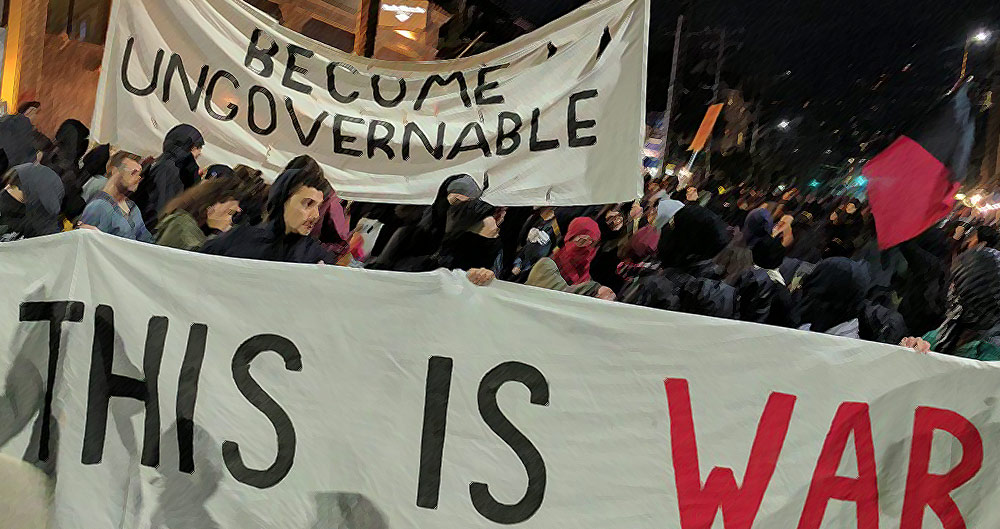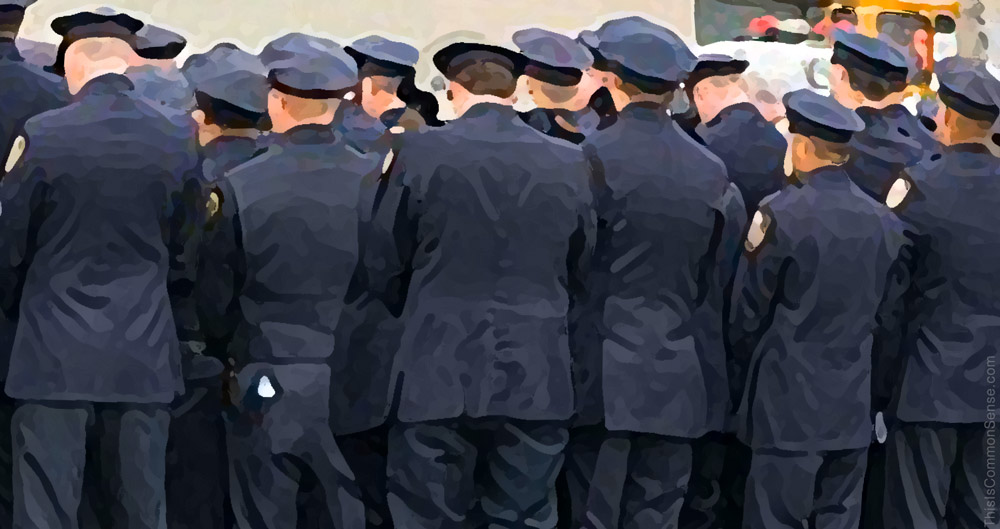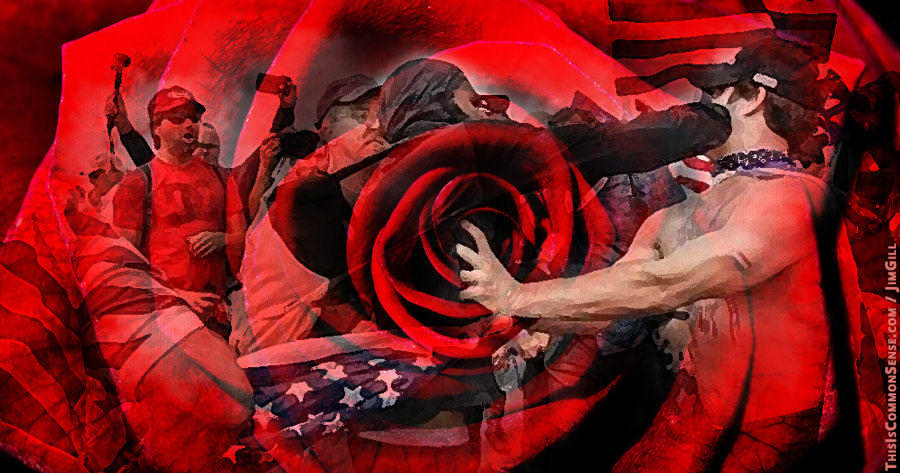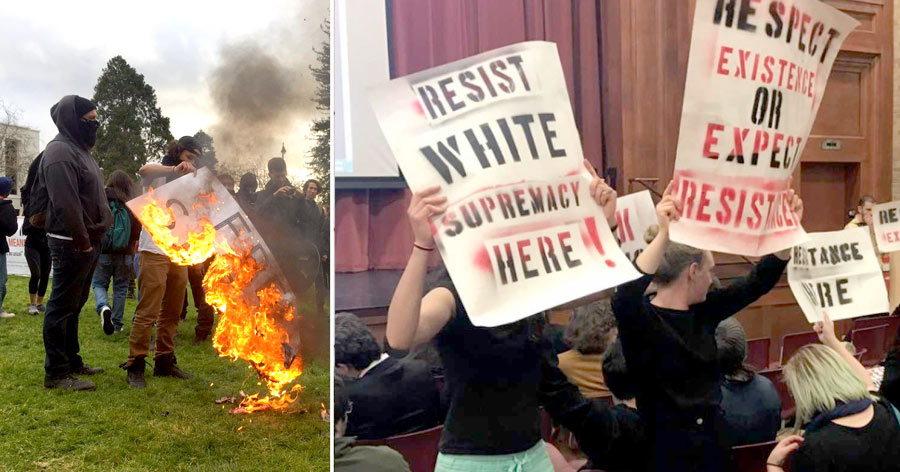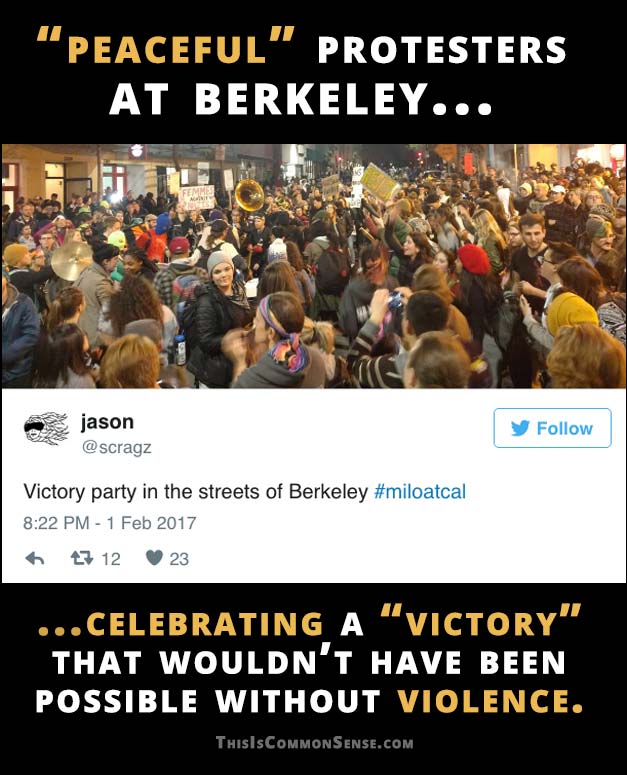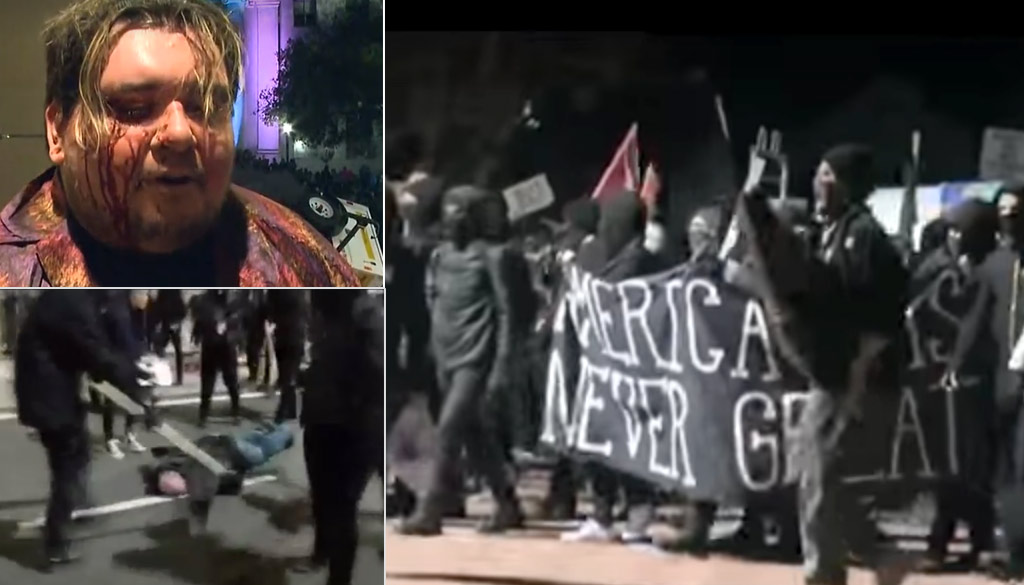Voltaire’s prayer, “make my enemies ridiculous,” has been granted to Ben Shapiro.
The New York Times has graced its pages with the writings of one Jane Coaston, who, in “The Hollow Bravery of Ben Shapiro,” accuses the brilliant intellectual pugilist Mr. Shapiro for “shadow boxing meant to pander to his conservative fans.”
And while she admits the truth that “campuses tend to be hostile places to conservatives like Mr. Shapiro, Charles Murray and Heather Mac Donald,” she insists that “the notion that they are the cultural underdogs is bogus.”
Failing to back up her “cultural underdog” thesis in any way, Coaston’s essay wanders off, evading the street and campus violence by leftist activists who, until recently, were given de facto license by mayors and college administrators to shout down, beat up and “de-platform” people they called “fascists.”
By just glossing over all this, Ms. Coaston is pandering to her audience — certainly not challenging it, which is precisely what she accuses Mr. Shapiro of doing.
Amusingly, I noticed this journalist arguing earlier this year that “you should punch Nazis in the goddang face.”
But Antifa and other “Nazi-punchers” aren’t in the habit of sending out questionnaires before planting fist to face or bike lock to noggin.
Which brings us to the ridiculous. She minimizes the extent to which Ben Shapiro and others have been threatened (and their fans violently attacked) by mobs shouting against “fascism” and “Nazis.” And yet she provided not merely the intellectual ammunition for this practice, she provided the declaration of war.
Maybe she has a career in politics.
This is Common Sense. I’m Paul Jacob.


